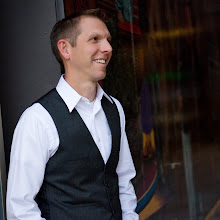David Hurst, a Harvard scholar, summed up how movements become institutions this way — vision becomes strategy, roles become tasks, teams become structure, networks become organizations, recognition becomes compensation. It is wrong, however, to draw such a hard line between the two forms. It is typical in the Christian movement literature to be highly critical of “institutionalism,” for good reason. But the impression is left that all authority, central control, and formal processes are bad for ministry. The reality is more complex.Read the whole thing here.
It is natural for new churches and ministries to try very hard to stay informal, non-codified, and non-centralized. But part of what makes a movement dynamic is a unified vision, and that always requires some codification and control. As time goes on, to maintain the main engine of movement-dynamics – a unified vision — a ministry must adopt some of the aspects of institutions. A strong movement, then, occupies the difficult space between being a free-wheeling organism and a disciplined organization. A movement that refuses to take on some organizational characteristics – authority, tradition, unity of belief, and quality control — will fragment and dissipate. A movement that does not also resist the inevitable tendency toward complete institutionalization will lose its vitality and effectiveness as well. The job of the movement leader is to steer the ship safely between these two opposite perils.
Additional Resources
Ideas for making this work in the local church









0 comments:
Post a Comment